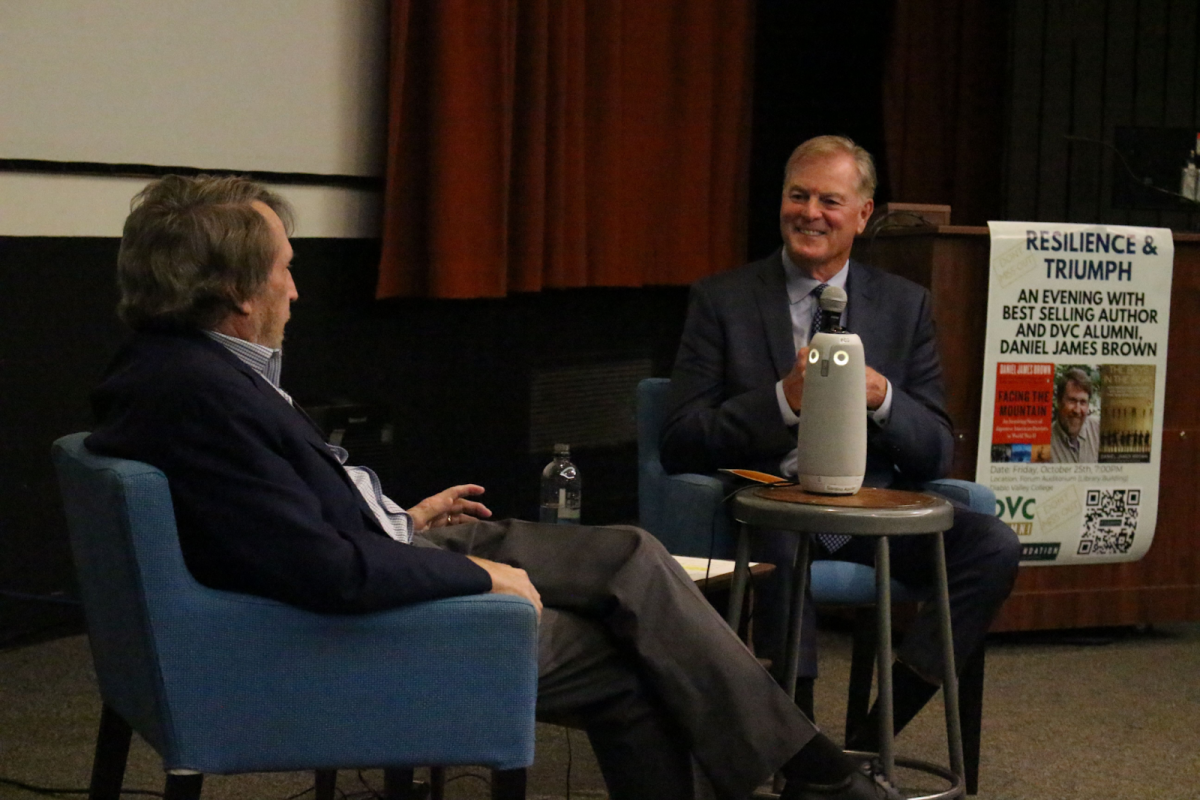At a time when students cannot get the classes they need because of budget cuts and employees are grateful for 3.5 percent raises, one would expect district trustees to think twice about handing out money like it was candy.
But they have done just that.
On Jan. 28, the governing board raised Chancellor Helen Benjamin’s salary by 18 percent, a nearly $40,000 pay hike, to keep her from leaving the district for greener pastures.
Under her new, 42-month contract, Benjamin’s salary increases from just under $209,000 to $247,000, retroactive to July 1. It also includes an additional $21,600 compensation package that provides $7,200 for transportation within the district, $4,800 district contribution to a tax-shelter annuity and $9,600 to cover her attendance at job-related social and community functions.
While Benjamin now earns only slightly more than the chancellors in neighboring Peralta and Chabot-Las Positas districts, the governing board was short sighted in providing her with such a generous raise.
All other employees at the district and the three colleges – Diablo Valley, Los Medanos and Contra Costa – had to accept a 3.5 percent increase, no matter how stellar their performance, in this time of economic crisis.
What is most surprising is the muted reaction of union leaders about this large sum of money going to Benjamin simply to keep her from leaving the district for a position no one confirms she’s even been offered.
Local 1 union president Mike West, who represents 500 district workers, would only say “the timing” was off.
And Jeffrey Michels, president of the teachers’ union, the United Faculty, put out a press release, saying, “The big jump all at once may look bad, but in context we can understand the board’s decision.”
Only one instructor, David Zimny from Los Medanos College, had a letter published in the Contra Costa Times after it broke the story of Benjamin’s raise. In it, he suggested the chancellor accept an immediate 3.5 percent raise “no greater than that granted district faculty this year,” with the remainder of the 18 percent to be deferred and paid back retroactively when “the district was on sounder financial footing.”
Wouldn’t it be refreshing if those at the top, who are always rewarded for the success of their organization, even in tough financial times – were to turn down their raises for the good of organization they supposedly care so much about?
“Any success that has been achieved, is never one person,” Benjamin said in a recent interview with the Inquirer. “It takes a team to do what we do, I provide leadership.”
If she really believes that, then why not share the wealth with those who help make this district what it is today?












































































